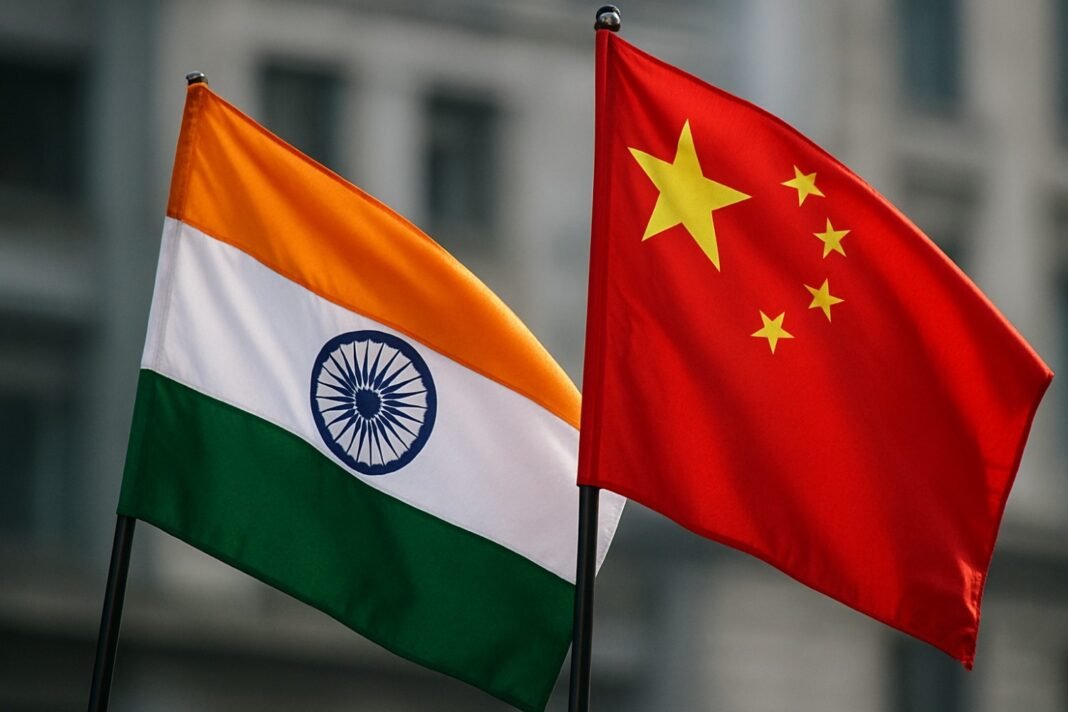China Calls for Unity Against ‘Overwhelming Bullying’
Beijing has urged stronger cooperation with New Delhi as both countries navigate growing global trade uncertainties. Chinese foreign minister Wang Yi, visiting India for the first time in three years, told Indian counterpart S Jaishankar that the two Asian giants must work together against “overwhelming bullying” and challenges to free trade. The remarks, reported by Bloomberg citing China’s foreign ministry, come amid escalating trade pressures from U.S. President Donald Trump, who has threatened to impose additional tariffs on India for purchasing Russian crude oil.
The Chinese statement emphasized that both nations should expand cooperation, build trust, and provide certainty for a volatile global economy. It noted that stronger India-China ties could set a positive example for other countries struggling to cope with protectionism and unilateral sanctions.
Jaishankar: “Differences Must Not Become Disputes”
In New Delhi, External Affairs Minister S Jaishankar underlined India’s commitment to improving relations with China. Acknowledging the difficulties of recent years, he said both countries are now seeking to “move ahead” with a forward-looking approach.
“Having seen a difficult period in our relationship, both nations now seek to move ahead. Differences must not become disputes, nor competition conflict,” Jaishankar said. He added that India’s expectation is for discussions to contribute toward building a stable and cooperative partnership.
Wang Yi’s visit is being viewed as an important step in restoring trust after years of strain following the deadly Galwan Valley clashes in 2020.
Trump’s Tariff Threats Add Urgency
The talks between India and China take place under the shadow of Washington’s new trade measures. Trump has already imposed tariffs of up to 50% on Indian exports and is threatening to levy an additional 25% tariff on Indian imports due to New Delhi’s purchases of discounted Russian oil.
The U.S. has warned that such purchases undermine global sanctions on Moscow, but India has defended its energy strategy as necessary for ensuring affordable supplies. The additional duties, set to take effect on August 27, could severely damage India’s exporters and add to inflationary pressures at home.
This looming tariff deadline is pushing India to diversify partnerships and strengthen cooperation with other major economies, including China, despite ongoing border frictions.
Security Talks Ahead of SCO Summit
During his visit, Wang Yi will also meet National Security Adviser Ajit Doval to discuss the long-standing border disputes between the two nations. Later, he is scheduled to call on Prime Minister Narendra Modi.
The timing of Wang’s trip is significant, as it will set the stage for Modi’s upcoming meeting with Chinese President Xi Jinping on the sidelines of the Shanghai Cooperation Organisation (SCO) summit later this month. It will mark Modi’s first visit to China in seven years and could become a pivotal moment in reshaping the bilateral relationship.
Signs of Thaw in Bilateral Relations
Despite the scars of the Galwan Valley clash, India and China have recently taken small but notable steps toward normalisation. Beijing has eased restrictions on urea exports to India, helping farmers during a crucial agricultural season. Meanwhile, New Delhi has reinstated tourist visas for Chinese nationals, a gesture welcomed by Beijing.
Business interactions are also showing signs of revival, with Indian companies increasingly exploring technology partnerships and joint ventures with Chinese firms. Analysts say that economic pragmatism is gradually overtaking hostility, especially in light of the global slowdown and U.S. trade pressures.
Outlook: Pragmatism Over Politics
The meeting between Wang Yi and Jaishankar reflects a shift toward pragmatism in both capitals. For India, easing tensions with China may help counterbalance the economic hit from Trump’s tariffs. For China, closer ties with India provide a buffer against Western pressure and showcase Beijing’s willingness to repair strained regional ties.
As global trade faces turbulence, both countries appear to be aligning on the need for stability and cooperation. The coming weeks, especially Modi’s talks with Xi Jinping at the SCO summit, will reveal whether this emerging thaw can translate into lasting progress.








